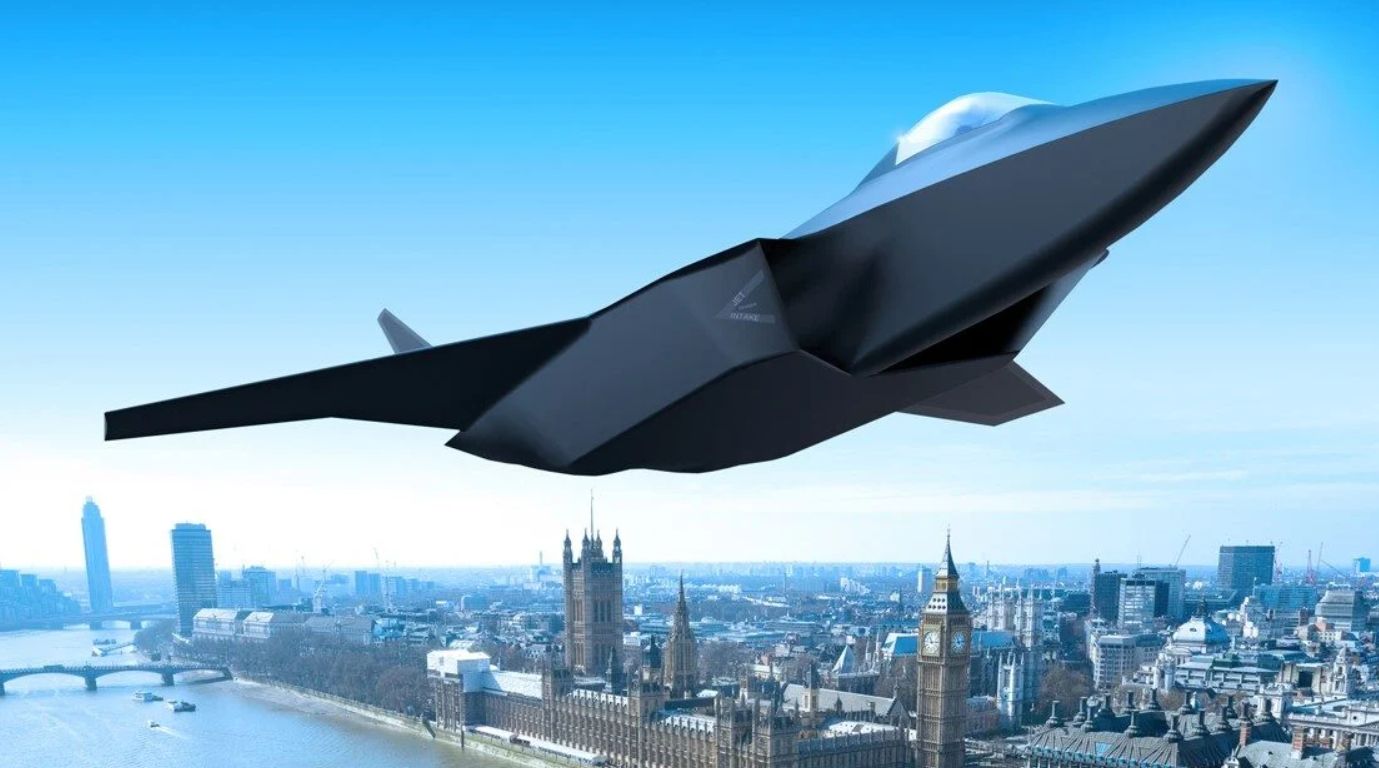In what might be viewed as a significant setback for France, Germany is reportedly contemplating abandoning its flagship next-generation fighter jet project with it and, instead, exploring the prospect of participating in a rival program alongside Britain.
Patriot Missiles ‘Challenge’ F-35 Jets As The Most ‘In-Demand’ Military Equipment; Lockheed Wins Big
The Future Combat Air System (FCAS), a high-profile collaborative program involving France, Germany, and Spain aimed at developing the next generation of air power, is estimated to be worth more than €100 billion (US$106.38 billion).
Many analysts often label this program as Europe’s most crucial and largest defense project. However, according to the latest report from the London-based publication, The Times, the UK-led Tempest fighter jet project has the potential to ‘lure’ Germany’s Chancellor, Olaf Scholz, to align with Britain in developing the future combat fighter jet.
The report also stated that as a precursor to a potential agreement, the German chancellor is reportedly engaged in discussions to lift Berlin’s objection to delivering Eurofighter Typhoon jets to Saudi Arabia, an action that the UK considers a crucial strategic priority.
Berlin has, until now, been reluctant to approve the sale of the 4.5th generation Eurofighter Typhoon fighter jet to Saudi Arabia, despite persistent and robust efforts by the UK government to persuade them.
Consequently, Saudi Arabia has shifted its attention toward the French Rafale fighter jet. This shift has raised significant concerns, including the potential loss of 6,000 jobs in the UK’s defense sector and a halt in the production of fighter jets for an entire decade, as recently reported by the EurAsian Times.
Nonetheless, should such a pact materialize between the UK and Germany, it would represent a significant victory for London and further highlight the growing divergence between France and Germany.

These two countries are increasingly at odds over various issues, from energy and air defense to diplomatic protocol.
For instance, Paris has notably criticized Scholz’s “Sky Shield” initiative, which aimed to consolidate the procurement of air and missile defense systems among European countries.
This rejection stems from Paris’ perception that Germany’s inclination towards “off the shelf” systems from nations like the US and Israel is undermining France’s efforts in research and development within this particular domain.
Furthermore, Germany’s potential choice to align with the UK-led program is, in part, driven by the increasing frustration within the chancellery over what it perceives as France’s overly protective approach to its defense industry.
The Risk Of France-Led FCAS Becoming A White Elephant
The Future Combat Air System (FCAS), a collaborative effort between France and Germany to develop a cutting-edge combat aircraft expected to commence production by around 2040, represents France’s first involvement in a multinational fighter jet program. Madrid is also a participant in the project.
The core concept revolves around the digital integration of a new generation of stealth fighters with drones, autonomous swarms of mini-fighter jets, older combat aircraft, and even naval or ground-based assets through a unified, cutting-edge platform.
Berlin has committed a substantial €40 billion (U$43.2 billion) investment for FCAS. Nevertheless, the project has encountered several setbacks, including delays and disagreements concerning design and financial aspects.
At a particular juncture, the conflict between the German aircraft manufacturer Airbus and the French company Dassault led to a complete standstill in the program. Disputes arose over technology sharing and leadership in essential aspects of the project. Nevertheless, these issues were eventually resolved.
The initial plan was to replace the French Rafale and the German and Spanish Eurofighters with next-generation fighter jets by 2040.
However, Eric Trappier, the CEO of Dassault Aviation, pointed out at one stage that due to the delays, the target of 2040 is already unattainable. It appears more likely that the timeline will extend into the 2050s.
The new report mentioned that the German Chancellor is apprehensive that the project could become an exorbitantly expensive venture and lose ground to its competitors, potentially turning into a ‘white elephant.’
In contrast, the UK-led project, spearheaded by BAE Systems and Rolls Royce, is advancing the development of a stealth fighter named the Tempest, with plans to be operational by 2035. This fighter is set to serve as the cornerstone of a more extensive aerospace alliance involving Britain, Italy, and Japan.
A senior German official, as quoted in the report, indicated that Scholz viewed the competition between FCAS and Tempest as futile. Instead, he preferred either merging the two programs or, if that wasn’t feasible, abandoning FCAS in favor of joining the Tempest project.
The chancellor is reportedly frustrated by the preferential treatment that France has afforded its aerospace companies during the initial phases of the FCAS initiative.
Germany perceives the UK as a more cooperative partner on this matter compared to France. However, there is also a slight frustration stemming from the absence of significant high-level engagement from London. Particularly noteworthy is Rishi Sunak’s failure to visit Berlin, a source of dissatisfaction.
- Contact the author at ashishmichel(at)gmail.com
- Follow EurAsian Times on Google News